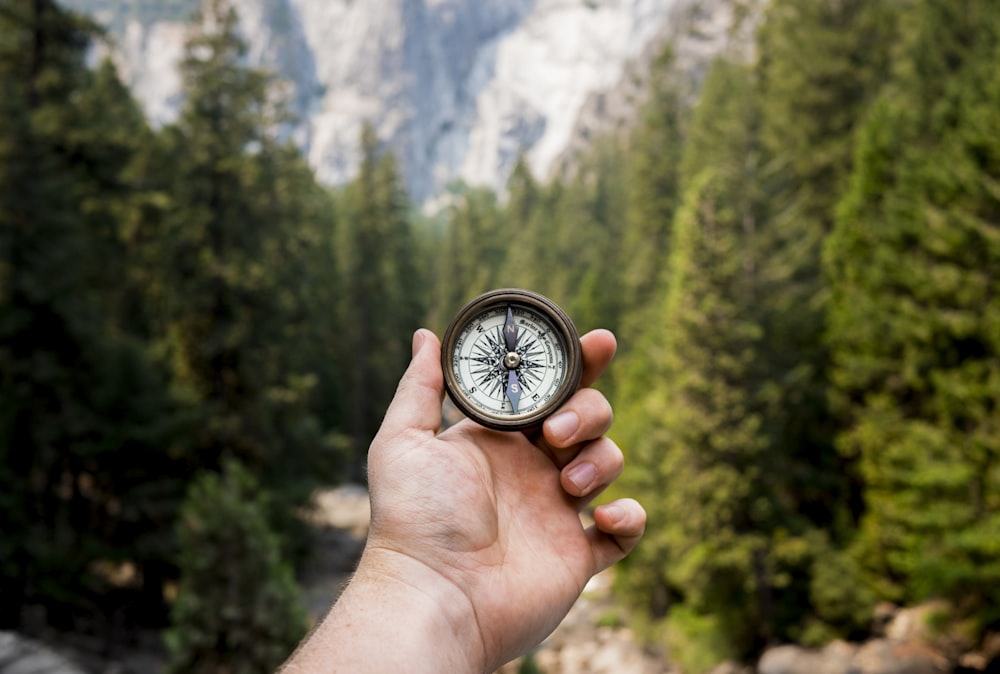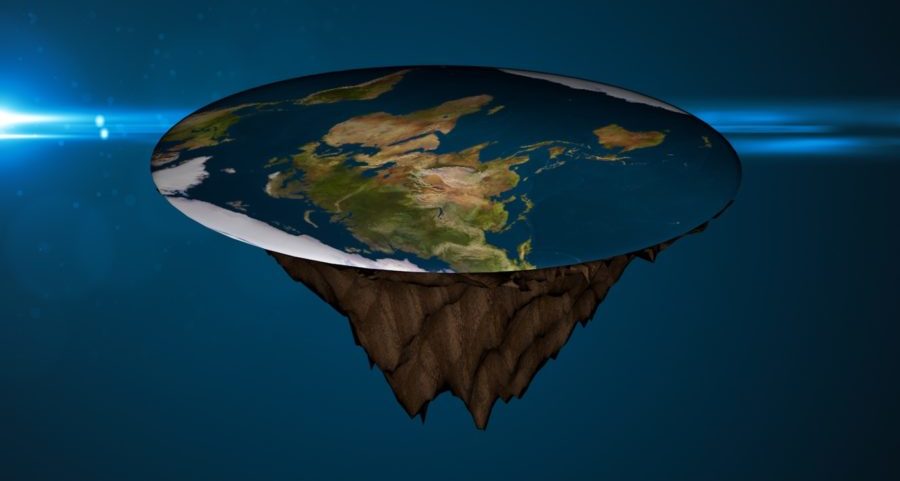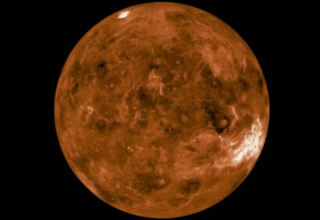How would everyday life function?
Here’s 8 ways about what life would be like on a flat earth.
The following written content by Daisy Dobrijevic
Earth — the blue marble — is our spherical home. But what if Earth were flat? How would everyday life function? Would it function at all?
1. Say goodbye to gravity (at least as we know it)

On spherical Earth, gravity tugs equally on objects no matter where in the world they are. For Earth to take the shape of a flat disk in the first place, gravity — as we know it — must be having no effect. If it did, it would soon pull the planet back into a spheroid.
Maybe a flat-Earth would have no gravity at all, as a solid disk-like Earth would not be possible under actual gravity conditions, according to calculations in the 1850s by mathematician and physicist James Clerk Maxwell.
Or perhaps on a flat-Earth, gravity would pull everything to the center of the disk — the North Pole. In that scenario, the farther away you are from the North Pole the more horizontal the gravitational tug toward the central point of the disk, according to James Davis, a geophysicist at Columbia University’s Lamont-Doherty Earth Observatory. This would wreak havoc worldwide, but at least the world long jump record would be easily beaten (as long as you orientated yourself northward before taking off that is).
2. It would certainly clear the atmosphere

With no gravity, flat-Earth would no longer be able to hold onto the layer of gases called the atmosphere. The force of gravity is what holds this veil around our planet. And without this protective blanket, Earth’s skies would turn black because light emitted from the sun would no longer scatter as it enters Earth’s atmosphere and paint the skies the familiar blue we see today. The loss of atmospheric pressure would expose plants and animals to the vacuum of space, leading to asphyxiation in seconds, Luis Villazon, a zoologist and educator, wrote in BBC Science Focus.
Without an atmosphere surrounding the planet, water would initially boil away in the vacuum of space. That’s because water boils when its vapor pressure equals that of the atmosphere, so lower atmospheric pressure means lower boiling point. Without an atmosphere to help warm the planet, the surface temperature would also plummet causing any remaining water to quickly freeze. But it isn’t all bad news, as deep-ocean organisms such as chemosynthetic bacteria that don’t require oxygen might just survive. After all, such bacteria have endured long trips to space and lived to tell the tale.
3. Cloudy with a chance of sideways rain

If gravity pulled toward the center of the planetary disk, which in this case is the North Pole, precipitation would also gravitate toward that spot. This is because precipitation falls to Earth due to gravity and will therefore fall toward the point of strongest gravitational pull.
Only at the center of the disk would weather behave as we know it on Earth — falling straight down. The farther out you travel, the more horizontal the precipitation would be. Water in rivers and seas would also flow toward the North Pole, meaning vast bulging oceans would collect at the center of the planet, leaving practically no water at the edges, according to Columbia University’s Lamont-Doherty Earth Observatory.
4. We would all get lost

It is likely that satellites would not exist if the Earth were flat, as they would have trouble orbiting a flat plane. “There are a number of satellite missions that society depends on that just wouldn’t work,” James Davis, a geophysicist at Columbia University’s Lamont-Doherty Earth Observatory, said in a statement “I cannot think of how GPS would work on a flat Earth,” said Davis.
We depend on Global Navigation Satellite Systems (GNSS) for anything from the GPS services on your phone, to travel information and supermarket just-in-time stock management to make sure produce arrives as fresh and as quickly as possible. And critically, emergency services use GPS to locate callers from their phone signal, the satellite communications could possibly save your life.
It’s hard to imagine a world without GPS, suffice to say we’d be lost. On the upside, at least on flat-Earth humans would have the horizontal rain to point us in the right — well, north — direction. Read more from Live Science.





